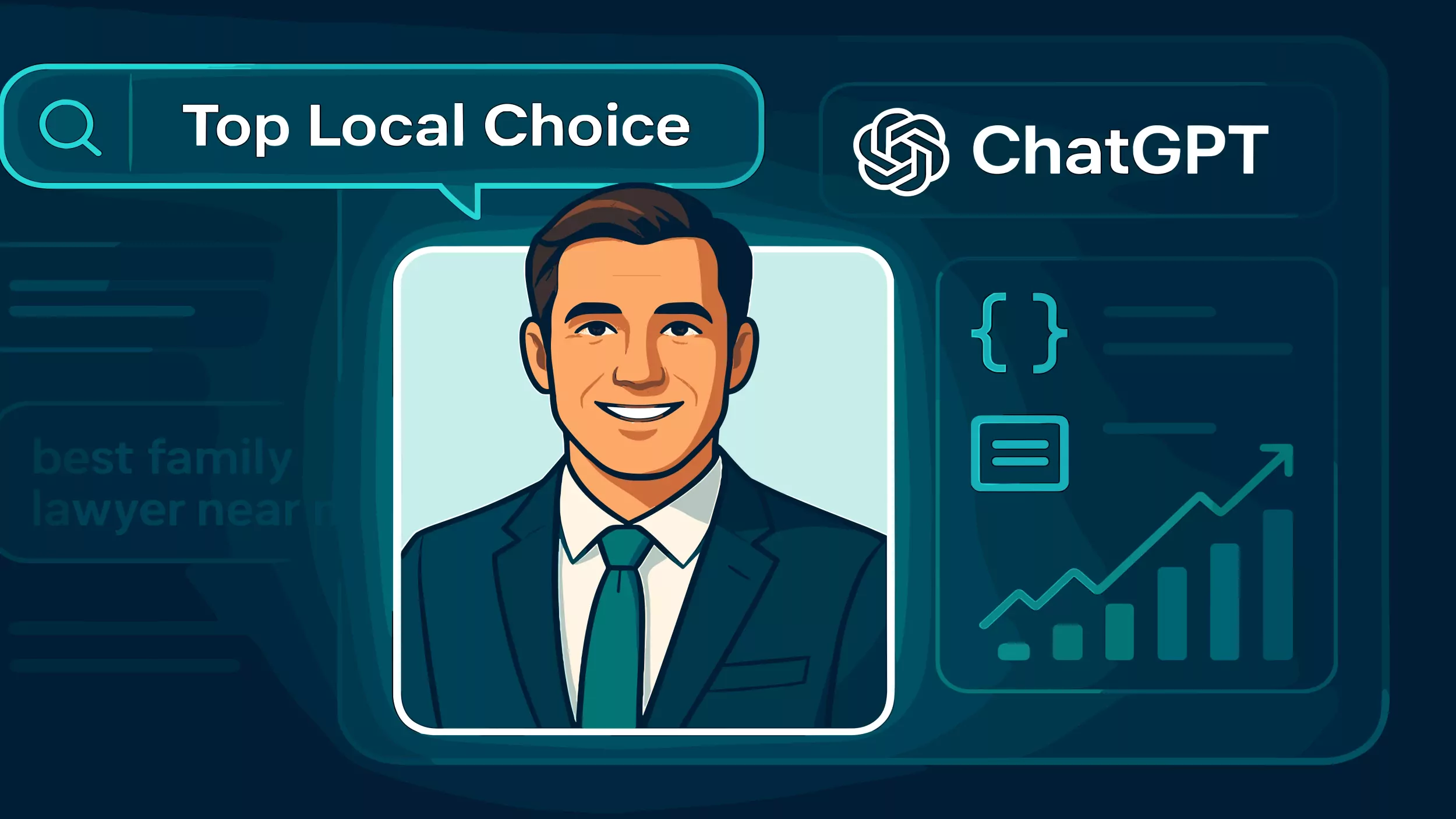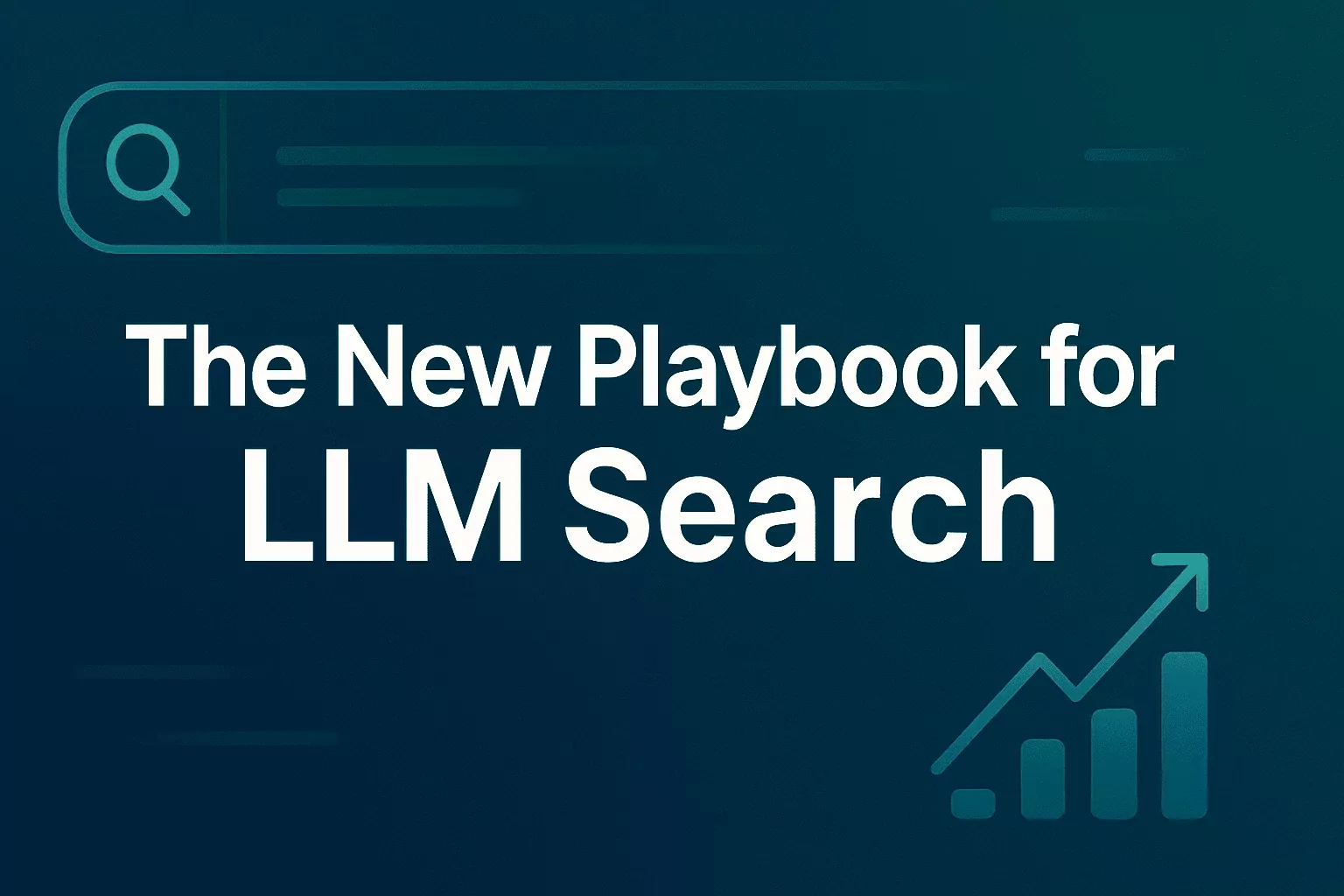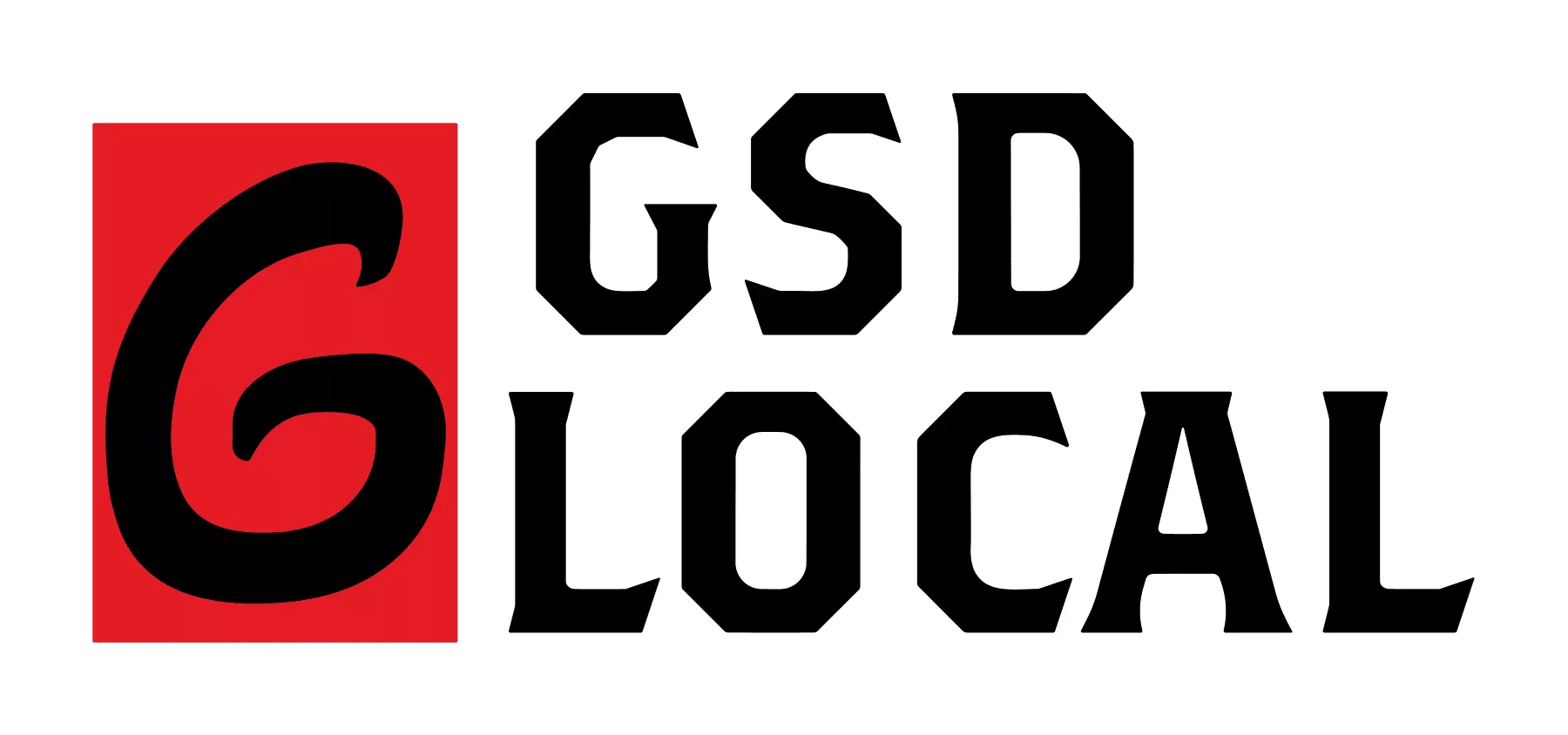Don’t Get Left Behind...
The LLM Revolution: How ChatGPT Is Rewriting Local SEO Rules in 2025
Not optimized for AI search? Competitors will steal your clients.

Introduction: The Shift No One’s Talking About
Picture this.
A potential client is looking for a family lawyer. Or maybe they’re searching for a CPA who can handle small business taxes. Ten years ago, their first move would’ve been Google.
But today? Increasingly, they skip the search engine and open ChatGPT.
They don’t want to sift through ten blue links, three ads, and two directories. They want one clear recommendation. And that’s exactly what LLMs (large language models) like ChatGPT, Claude, and Gemini provide.
Here’s the big shift:
Google ranks websites.
LLMs recommend businesses.
That difference is seismic.
If you’re not already preparing for the LLM revolution, your practice risks fading into digital invisibility. This post will walk you through exactly what’s changing, why it matters, and the new playbook that positions you as the AI-recommended choice.
What’s Actually Changing in Local SEO
Traditional SEO had a simple formula: target the right keywords, build backlinks, and climb the rankings. But the ground rules are shifting.
1. LLMs Answer, Not List
Google SERPs (search engine results pages) show options. You get a buffet of firms, blogs, and ads.
ChatGPT doesn’t do that. It answers. When a user types:
“Who’s the best estate planning lawyer near me?”
ChatGPT doesn’t offer 30 results. It may give one or two confident answers.
That means the fight isn’t for “page one.” It’s for the only slot that matters.
2. Authority Beats Optimization
LLMs don’t “crawl” the web like Google does. They’ve been trained on massive datasets and continue to pull in verified, structured, and frequently updated information.
The businesses that show up aren’t just keyword-stuffed pages. They’re the ones that:
Publish consistent, authoritative content.
Use clear schema markup.
Get mentioned or cited in multiple trusted places.
In other words: authority signals > SEO tricks.
3. Content Style Matters More Than Ever
Google could be gamed with keyword density. ChatGPT can’t. Why? Because it favors conversational, human-style answers.
If your content reads like a robot wrote it, LLMs are less likely to surface you. But if your answers sound natural, clear, and easy to understand, the AI can lift whole paragraphs of your text as the “ideal answer.”
Why This Matters for Local Professionals
For high-value professionals - lawyers, doctors, CPAs, consultants - this is not just an academic shift. It’s survival.
Visibility Shrinkage: Instead of competing for “top 10” slots, you’re competing for one. If you don’t secure that, you’re out of sight.
Trust Threshold: LLMs are designed to reduce risk. They don’t gamble on unknowns. They recommend those with clear authority signals: content, schema, reviews, and presence.
Winner-Takes-All Effect: If ChatGPT says your firm’s name first, you win disproportionately. Leads don’t trickle. They flood.
Let’s be blunt: in 2025 and beyond, the professionals who don’t adapt will simply disappear from AI-driven searches.
These digital trust signals create what we call Trust Currency - the compounding credibility that makes AI systems confident in recommending you.

The New Playbook for LLM Search
At GSD Local, here’s how we’re preparing clients to thrive in this new era.
1. Build Authority Through Content
Authority isn’t built overnight. But it can be accelerated.
Start publishing blogs that answer real client questions: “What’s the difference between a will and a trust?” or “How can a small business owner reduce taxable income?”
Write the way people actually ask questions - short, conversational, and clear.
Repurpose those answers into video, FAQs, and social clips.
The more your content matches what people ask ChatGPT, the more likely you are to be quoted by it.
2. Leverage Structured Data
Schema markup is like a translator between your website and AI systems.
Using JSON-LD (preferred format), you tell LLMs:
Who you are (local business, attorney, CPA).
What you do (estate planning, tax prep, cosmetic dentistry).
Where you serve clients (Wenatchee, Seattle, Washington state).
Without schema, you’re invisible to the machines. With schema, you’re literally speaking their language
3. Dominate with Authority Video (ClipCred)
Here’s the unfair advantage.
ClipCred is our proprietary system xxxxxxxxxxxxxxxxxxxxxxxxxxxxxxxxx 30 days of daily short-form video content.
You answer 24 simple questions.
We edit them into polished clips.
We post them across your platforms.
Why does this matter for LLMs? Frequency and authority. When AI systems see a professional showing up daily, confidently answering client questions on video, it registers as a high-authority signal.
It’s like building a digital moat around your reputation.
This is how you build an AI-driven reputation that works 24/7 without ad spend.
4. Optimize for Human Style, Not Google Tricks
Forget keyword stuffing. Write the way you speak.
Short sentences.
Everyday examples.
Hook with questions.
Why? Because that’s exactly how people query ChatGPT. And if your content sounds like a natural response, the AI is far more likely to pull from it.
Case Example (Hypothetical but Realistic)
Let’s take “Smith & Johnson Family Law” as a case study.
The Old Playbook (SEO 2019–2023):
$5,000 per month in Google Ads.
Blog posts stuffed with “divorce lawyer Wenatchee” 30 times.
Chasing backlinks from random directories.
Result? They were on page 1 of Google. But leads were unpredictable, expensive, and declining.
See exactly how one attorney went from invisible to AI-recommended in 90 days using this system.
The New Playbook (LLM 2025):
Weekly authority blog posts in plain English.
JSON-LD schema across their site.
Daily video shorts through ClipCred answering real client questions.
Result? Within 90 days, ChatGPT begins recommending them as:
“Smith & Johnson Family Law - a top-rated family lawyer in Wenatchee with over 20 years of experience.”
Which firm do you think grows faster?
The technical foundation starts with proper schema implementation.
Understanding JSON-LD vs Microdata is critical for AI systems to read your business information correctly.
Action Steps for 2025
Here’s your checklist to get ahead of the curve:
✅ Publish one high-quality blog per week, written conversationally.
✅ Add JSON-LD schema to every page of your site.
✅ Launch authority-driven short-form video (ClipCred makes this easy).
✅ Repurpose content across LinkedIn, Instagram, and YouTube.
✅ Track mentions of your brand in ChatGPT responses to measure progress.
Start small. Build consistently. And in 90 days, you’ll already be ahead of 90% of competitors.
Closing Punch
The LLM revolution isn’t on the horizon. It’s here.
And when your next client asks ChatGPT for “the best lawyer near me” or “top CPA in Wenatchee,” the AI will only recommend one or two names.
The question is simple: will it recommend yours?
Ready to implement this system? Here's your 90-day roadmap to go from invisible to in-demand.
Stop Renting Attention
If you need help implementing this system consistently, ClipCred handles the content creation so you can focus on serving clients.
Frequently Asked Questions
What’s the biggest difference between Google SEO and LLM search?
Google lists options. LLMs recommend a winner. That shift makes authority signals (clear expertise, schema, consistent content) more important than old-school keyword tricks.
For lawyers specifically wondering why they're being overlooked,
discover the exact trust signals ChatGPT uses to choose attorneys.
How do I get ChatGPT to recommend my firm?
Publish conversational answers to real client questions, add JSON-LD site-wide, and show ongoing authority (blogs + short videos). Consistency wins. This consistency creates an Authority Flywheel effect where each piece of content makes the next one more effective.
Do I need JSON-LD on every page?
Yes. Treat schema like a data layer. It tells AI exactly who you are, what you do, and where you serve. Use the right types (Organization, LocalBusiness, Service, BlogPosting).
How fast can I see results with this approach?
Most pros feel momentum within 60–90 days if they publish weekly, ship daily clips, and clean up schema + basics (NAP, reviews, service pages).
Why short-form video (ClipCred) instead of just blogging?
Video builds trust and recall faster. Clipped Q&A shows expertise in bite-size proof. AI also picks up on frequency and topical depth.

